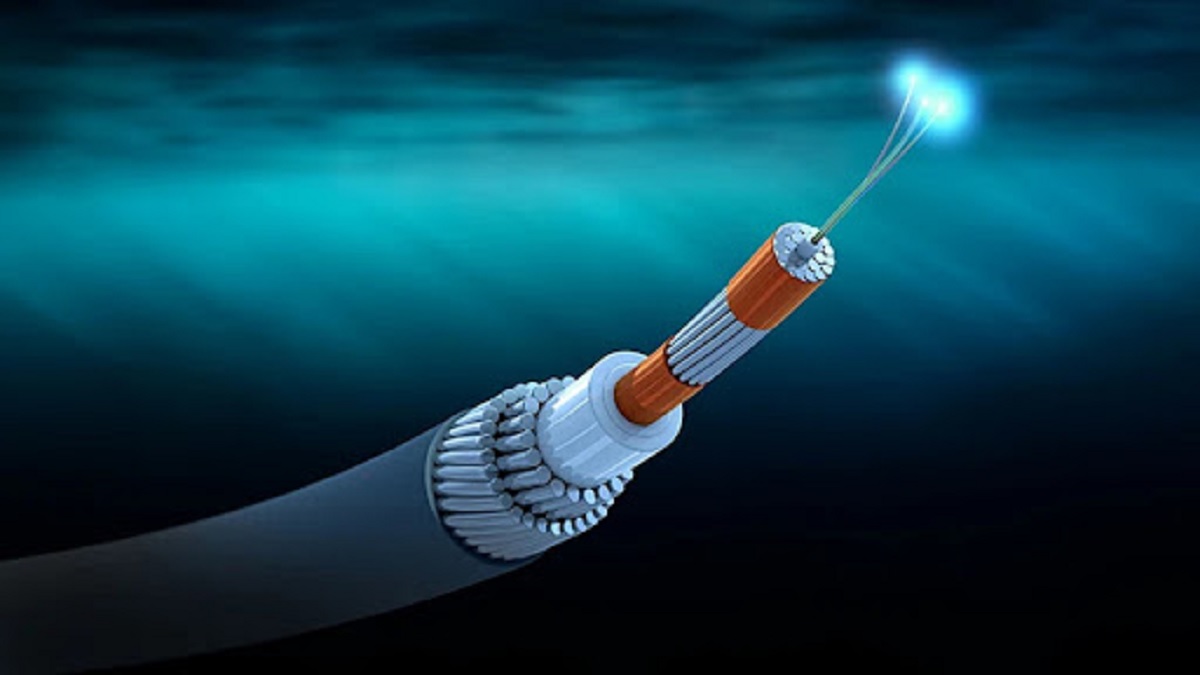In the digital age, where connectivity is crucial, any disruption to internet services can have a significant impact on individuals, businesses, and the overall economy. Recently, South Africa experienced a setback in its internet connectivity due to twin cable breaks, causing slow international connectivity for some internet providers.
The first cable affected by the break is Sat-3, the older of the two cables. While it carries relatively little international internet traffic, its importance should not be overlooked. The second cable, the West African Cable System (Wacs), is a more recent cable system extensively used to carry traffic between South Africa and Europe.

South Africa Twin Cable Breaks
Openserve, Telkom’s wholesale subsidiary responsible for the cable landing stations in South Africa, confirmed that both cables have been affected. They are currently collaborating with consortium partners to facilitate the restoration process. Repairing submarine cables is a complex task that requires specialized ships to be commissioned and deployed to the site of the breaks. Unfortunately, the exact cause and location of the cable breaks are currently unknown.
Broadband Infraco, a state-owned infrastructure company, tweeted that the Wacs cable break occurred in the Congo Canyon off the coast of the Democratic Republic of Congo, approximately 3,686km north of the Yzerfontein landing station near Cape Town. This information provides some insight into the challenges faced in repairing the cables.
Historically, a break in two submarine cables would have severely limited global internet connectivity for South African users. However, advancements in technology have resulted in the construction of new, high-capacity cables over recent years. These cables offer much greater bandwidth and diverse routes, minimizing the impact of outages. While this is a positive development, the current outages of Wacs and Sat-3 cables still have repercussions on the performance of some service providers.
For instance, Vodacom Business Fiber experienced a significant decrease in download speeds, with a mere 3Mbit/s recorded in a speed test to London on Monday afternoon. It is evident that the disruption caused by the cable breaks is felt by businesses and individuals alike, as slow internet connectivity hampers productivity and efficiency in an increasingly connected world.
The twin cable breaks impacting South Africa’s internet connectivity serve as a reminder of the fragility of our digital infrastructure. While efforts are being made to restore the cables, the consequences of such disruptions are still palpable. The reliance on international connectivity emphasizes the need for continued investment in robust and resilient communication systems. Only through such investments can we ensure a seamless and uninterrupted flow of information in the future.
